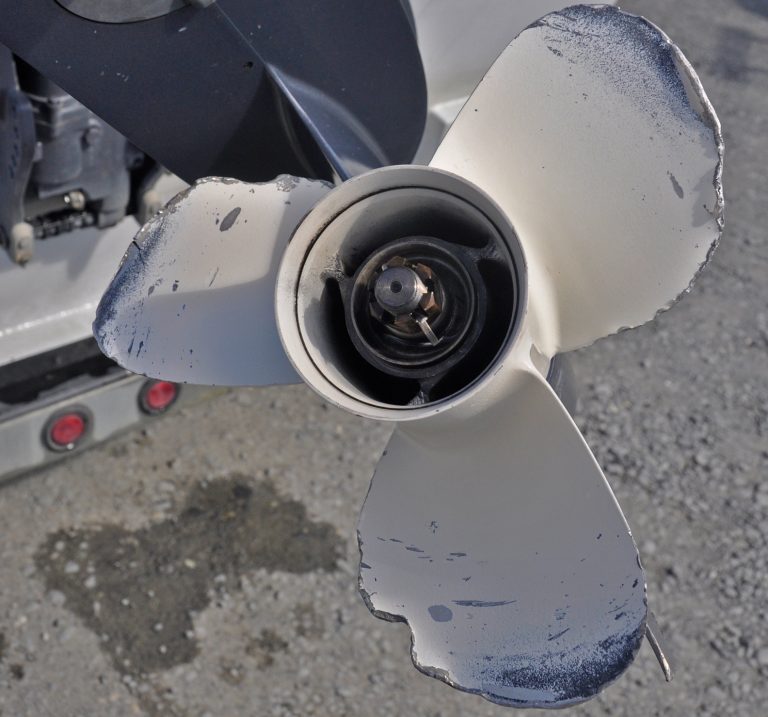The propeller on your boat plays a crucial role in ensuring smooth and efficient operation. Despite its robust design, a propeller can sustain damage from debris, rocks, or general wear and tear. Ignoring a damaged propeller can lead to several problems, making it essential to address any issues promptly. Here’s why it’s important to fix or replace a damaged boat propeller:

1. Maintains Optimal Performance
A damaged propeller can significantly affect your boat’s performance. Bent or chipped blades can cause vibrations, reducing the efficiency of your boat’s propulsion. This can result in slower speeds, reduced acceleration, and poor handling. By fixing or replacing the propeller, you restore your boat’s optimal performance, ensuring smooth and efficient operation on the water.
2. Improves Fuel Efficiency
A well-maintained propeller ensures your boat operates at peak efficiency. A damaged propeller can increase drag and resistance in the water, causing your engine to work harder and consume more fuel. Replacing or repairing the propeller can improve your boat’s fuel efficiency, saving you money on fuel costs and reducing your environmental impact.
3. Prevents Further Damage
Operating your boat with a damaged propeller can cause additional wear and tear on the engine and drivetrain. The vibrations and imbalances created by a damaged propeller can lead to premature wear of bearings, seals, and other engine components. Addressing the propeller damage early can prevent more extensive and costly repairs down the line.
4. Enhances Safety
A damaged propeller can compromise the safety of your boat. Reduced performance and handling can make it difficult to navigate in challenging conditions or respond quickly in emergencies. Ensuring your propeller is in good condition helps maintain the safety and reliability of your boat, providing peace of mind while on the water.
5. Protects the Environment
A damaged propeller can cause excessive noise and turbulence in the water, disrupting marine life and ecosystems. By fixing or replacing a damaged propeller, you minimize these impacts and contribute to a more environmentally friendly boating experience. Additionally, improved fuel efficiency reduces your boat’s carbon footprint.
Conclusion
Fixing or replacing a damaged boat propeller is a crucial aspect of boat maintenance that ensures optimal performance, fuel efficiency, and safety. It also helps prevent further damage to your boat’s engine and drivetrain while protecting the environment. Regularly inspecting your propeller and addressing any issues promptly will keep your boat running smoothly and efficiently, allowing you to enjoy your time on the water without unnecessary disruptions.